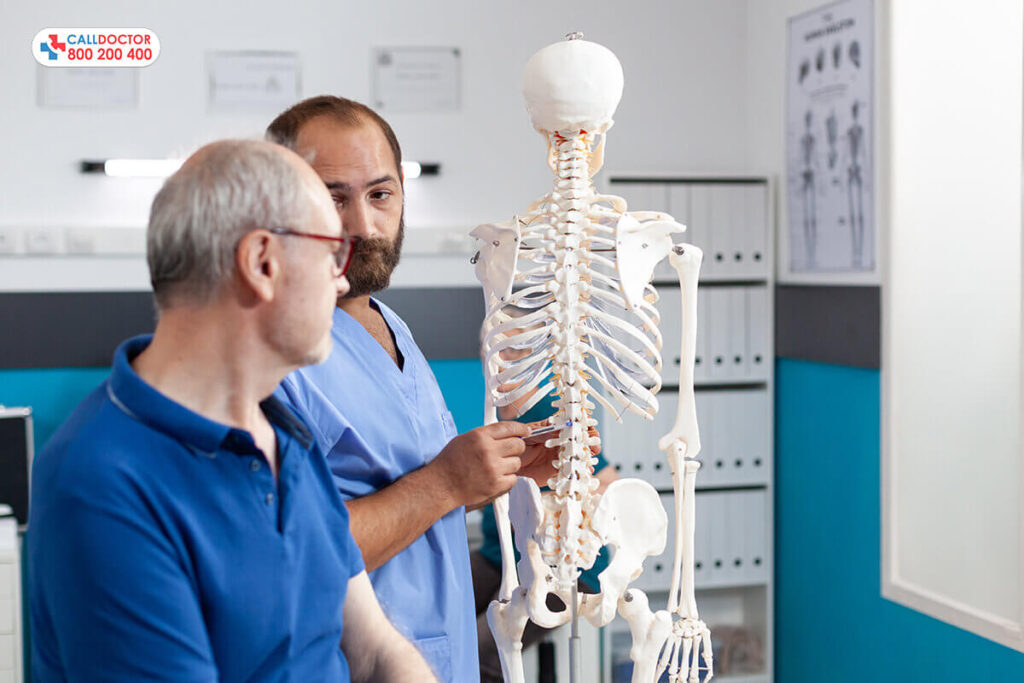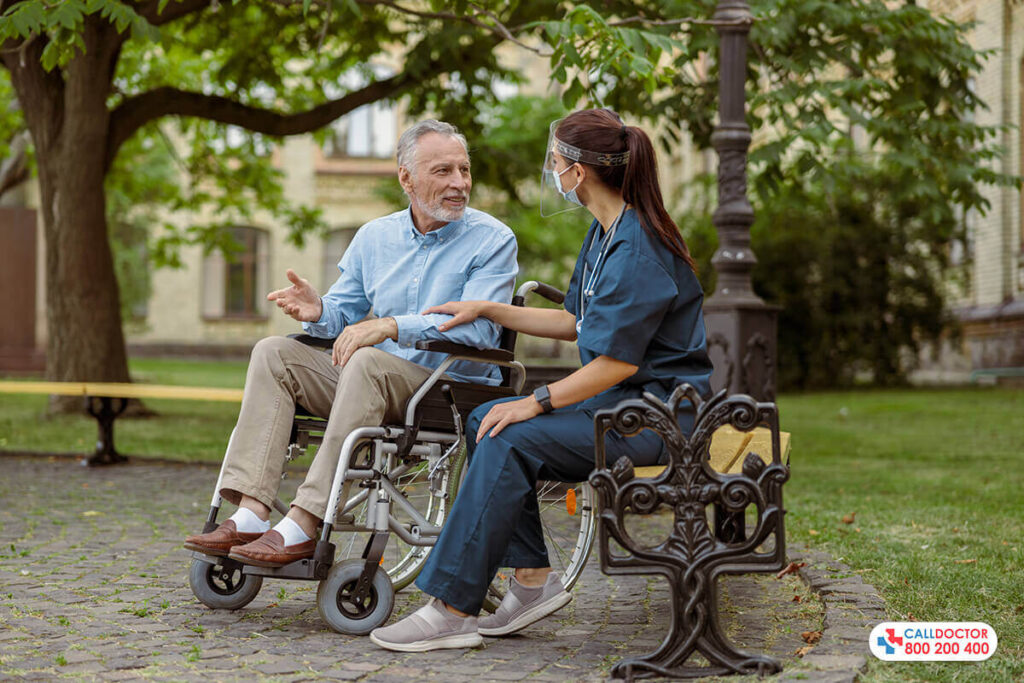Maintaining strength and mobility becomes increasingly important for overall health and well-being as we age. While it’s common for seniors to experience declines in muscle mass and strength, regular strength training exercises can help mitigate these effects and promote independence and quality of life. In this article, we’ll explore why it’s always possible for seniors to start strength training and how physiotherapy can play a vital role in supporting their journey to better health.
The Benefits of Strength Training for Seniors
Strength training offers a wide range of benefits for seniors, including:
Improved Muscle Strength and Mass
Regular strength training exercises help seniors maintain and build muscle strength and mass, which is crucial for daily activities such as walking, climbing stairs, and carrying groceries.
Enhanced Bone Health
Strength training can also help improve bone density and reduce the risk of osteoporosis and fractures, common concerns for older adults.
Increased Metabolism
Building muscle through strength training can boost metabolism and help seniors maintain a healthy weight and body composition.
Better Balance and Stability
Strength training exercises that target core muscles and balance can help reduce the risk of falls and improve overall stability and coordination.
Pain Management
For seniors with chronic pain conditions such as arthritis, strength training can help alleviate symptoms and improve mobility and function.

Why It’s Never Too Late to Start
One of the most significant misconceptions about strength training is that it only benefits younger individuals. However, research has shown that seniors can experience substantial improvements in strength, mobility, and overall health with regular strength training exercises, regardless of age or fitness level.
Physiotherapy is crucial in helping seniors safely and effectively engage in strength training. A physiotherapist can assess an individual’s current level of function and mobility, develop a tailored exercise program based on their specific needs and goals, and provide guidance and support throughout the process.
How Physiotherapy Supports Seniors in Strength Training
Physiotherapy offers a holistic approach to strength training for seniors, addressing physical strength and balance, flexibility, and joint health. Some ways support seniors in strength training include:
Individualized Exercise Programs
A physiotherapist will work closely with each senior to develop a personalized exercise program, considering their unique strengths, limitations, and goals.
Progressive Resistance Training
Physiotherapists use advanced resistance training techniques to gradually increase the intensity of exercises as seniors build strength and endurance over time.
Proper Technique and Form
Correct technique is essential for preventing injuries and maximizing the effectiveness of strength training exercises. Physiotherapists guide adequate form and technique to ensure safe and efficient workouts.

Monitoring and Adjustment:
As seniors progress in their strength training program, physiotherapists monitor their performance and adjust to continue challenging them appropriately.
Pain Management and Injury Prevention
Physiotherapists can address any pain or discomfort seniors experience during strength training and provide strategies for preventing injuries and managing existing conditions.
Strength training is a valuable component of healthy aging for seniors, offering numerous physical and mental health benefits. With the support of physiotherapy by Call Doctor, seniors can safely and effectively engage in strength training exercises to improve muscle strength, mobility, and overall quality of life. Remember, there is always time to start reaping the rewards of strength training!
Is strength training safe for all seniors?
While strength training can benefit most seniors, consulting with a healthcare professional before starting a new exercise program is essential, especially if you have any pre-existing health conditions or concerns.
How often should seniors engage in strength training?
The frequency of strength training sessions can vary depending on individual factors such as age, fitness level, and goals. Generally, seniors should perform strength training exercises at least two to three times weekly, with a day of rest between sessions.
What types of exercises are best for seniors?
Seniors can benefit from various strength training exercises, including bodyweight exercises (e.g., squats, lunges, push-ups), resistance band exercises, and weight machines or free weights. Choosing exercises targeting major muscle groups that can be performed safely and comfortably is essential.

How long does it take to see results from strength training?
The timeline for seeing results from strength training can vary depending on factors such as consistency, intensity, and individual response to exercise. However, many seniors notice strength, mobility, and overall well-being improvements within a few weeks to months of starting a regular strength training program.
Can physiotherapy help with other aspects of senior health?
Yes, physiotherapy can address a wide range of issues commonly experienced by seniors, including pain management, mobility issues, balance and fall prevention, post-surgical rehabilitation, and chronic disease management.




